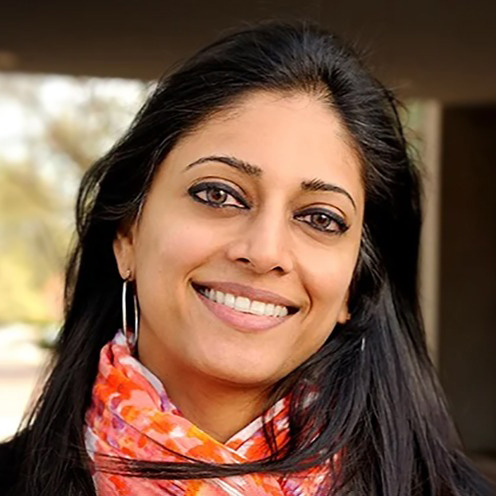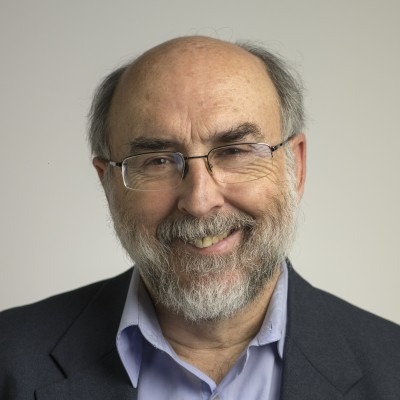Advanced Grant Writing – Specific Aims Workshop
May 12, 2025
8:30 a.m. to 3:30 p.m.
Unlock the potential of your research ideas and apply for funding with confidence.
In-Person (2 options) and Online Live
Johns Hopkins Homewood Campus
Stiff Silver Building – Rooms 205, 206, 207
810 Wyman Park Drive, Baltimore

Exclusively for JHU Faculty and Staff
Instructors:
Dr. Sri Sarma, Dr. Charles Montague
Learn proven strategies and gain practical insights from experts who have successfully navigated the complexities of the grant application process. This hands-on workshop, presented both in-person and virtually, will equip you with the tools to craft compelling proposals that stand out, significantly enhancing your chances of securing funding.
Who Should Attend?
This workshop welcomes first-time grant applicants and those who have not been successful with grant submissions. The “Advanced Grant Writing: Specific Aims Workshop” is tailored for anyone preparing to submit an NIH or NSF grant, including SBIR and other translational grants. For those who are submitting NSF Career awards, there will be special workshops for these submissions during the spring term.
Meet Your Instructors
Dr. Sri Sarma
Johns Hopkins University

Dr. Sarma is a professor of biomedical engineering, vice dean in the Whiting School, and associate director of the Institute for Computational Medicine. Her research includes modeling, estimation, and control of neural systems. She is a recipient of the Burroughs Wellcome Fund Careers at the Scientific Interface Award, the Krishna Kumar New Investigator Award, and Presidential Early Career Award. She received her PhD in electrical engineering and computer science from MIT.
Dr. Charles Montague
Johns Hopkins University

Dr. Montague is director of business development in the Department of Biomedical Engineering He’s held roles at the Naval Research Laboratory, in industry, and in economic development. He managed the Coulter Translational partnership and was part of a team winning a Blueprint Neurotech Medtech Incubator award. He contributes to translational funding reviews for NSF, Hopkins, and University of Maryland. He received his PhD in biophysics from Hopkins.
How is This Different From a Typical Grant Workshop?
The faculty work closely with participants on their specific proposal draft to help improve it. The main focus is on the “Specific Aims” section of the National Institutes of Health (NIH) and the “Vision and Goals” section of a National Science Foundation (NSF) grant. These sections are the cornerstone of a successful NIH or NSF grant application and sets the stage for how to write a successful research approach section. After completing this workshop, participants will also understand how to effectively approach and write a compelling full proposal.
Faculty members will facilitate a group discussion and evaluate each component to ensure it is clearly stated and compelling. Participants will receive concrete feedback from both faculty and peers, reinforcing their learning through mutual critique. By the end of the workshop, everyone will have a clear understanding of how to revise their drafts. After completing this workshop, participants will understand how to effectively approach and write a compelling full proposal.
Attendance Options
Participant with Submission
For those seeking direct feedback on the specific aims section of your draft grant proposal because you plan to submit your proposal in the next 1–2 months, the course faculty will work with you to improve this section during the workshop. To be a Participant with Submission, you must submit a draft of the “Specific Aims” page to [email protected] one week before the course.
- In-Person
- Limited to 6 participants
- $2500
Participant (without submission)
For those seeking to learn from the faculty and fellow participants and plan to submit a proposal in the next 3 to 6 months, you will participate in the feedback process to learn how to improve your “Specific Aims” page. You will not get direct feedback on your “Specific Aims” page but will be ready to draft one with all the required components after the workshop.
- In-Person
- Limited to 10 participants
- Cost: $1000
Online Observer
Online observers will gain an understanding of how to strategically approach writing their grant submissions. You will not gain direct feedback on a draft, but as an observer, you will learn from expert faculty and peers in the workshop, preparing you to write a grant in the future.
- Modality: Online (via Zoom)
- Available seats: Unlimited
- Cost: $750
Payment Options and JHU Tuition Remission
Full-time, benefits-eligible Johns Hopkins University faculty or staff members are eligible to receive tuition remission if:
- you are a full-time, benefits-eligible faculty or staff member who has been employed by JHU for at least 120 days
- you continue in a full-time position while enrolled in courses
You receive 100% remission if:
- your department certifies that the course benefits your professional development
- your department is willing to assume the cost if you do not attend the course or if you cancel with less than one week’s notice. The one-week cancellation notice is waived only for emergencies with written documentation.
ELIGIBILITY: Full-time Johns Hopkins University faculty and staff qualify for tuition remission after the employee completes 120 days of full-time employment at the university. Please visit the benefits website for information and requirements.
Visiting faculty and staff, residents, interns, postdoctoral fellows, retirees, and dependents are not eligible for tuition remission.
There is an annual limit of 2 classes per calendar year for noncredit professional development courses taken at JHU. For more information on this policy, please refer to the HR website.
You will receive a link to the tuition remission form via email to start the process of gaining tuition remission.
Advanced Grant Writing – Specific Aims Workshop
JHU Only